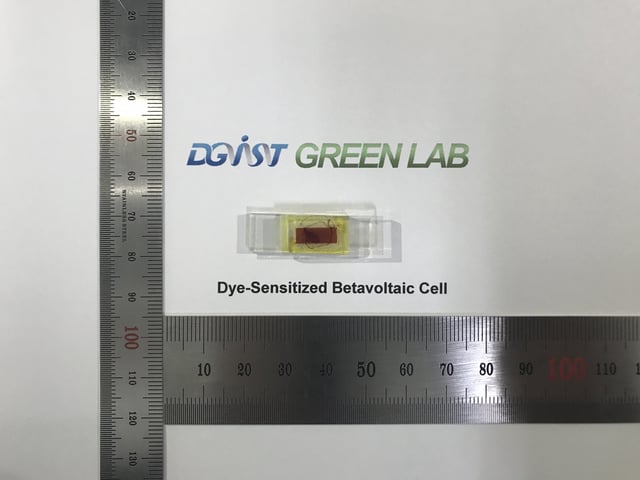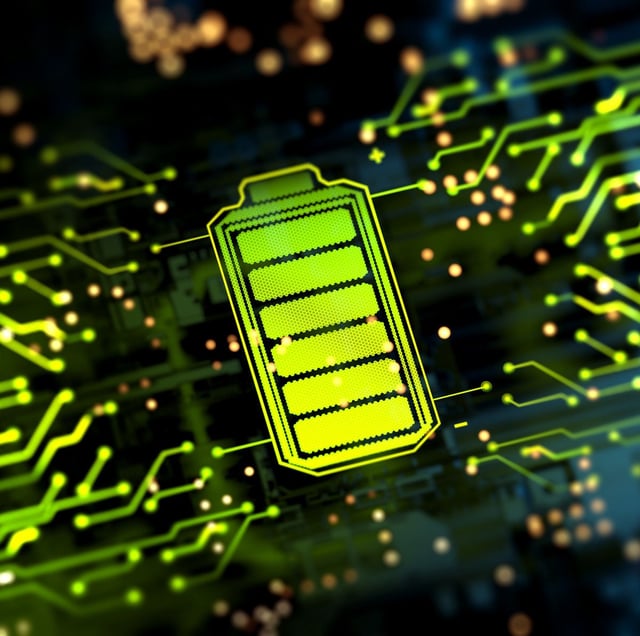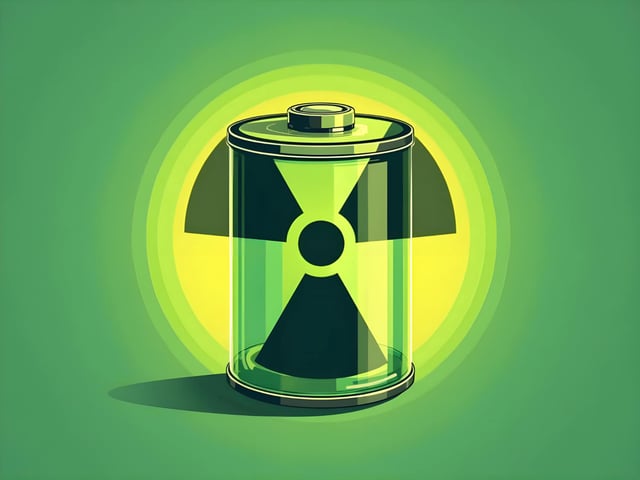Overview
- South Korea's DGIST has unveiled a prototype nuclear battery using carbon-14, achieving an energy conversion efficiency of 2.86%, a substantial improvement over previous designs.
- The battery incorporates a titanium dioxide semiconductor and a ruthenium-based dye, optimized with citric acid treatment to enhance electron transfer efficiency.
- China remains the leader in nuclear battery production, with Betavolt's mass-produced nickel-63-based BV100 battery and a domestic supply chain including a carbon-14 reactor in Zhejiang.
- The U.S. and U.K. are also advancing nuclear battery technologies, with companies like City Labs and Arkenlight focusing on medical and aerospace applications.
- Public perception of nuclear energy is shifting positively as these batteries are seen as safer, more sustainable alternatives to lithium-ion technology, with potential applications in remote sensors, medical devices, and space exploration.


